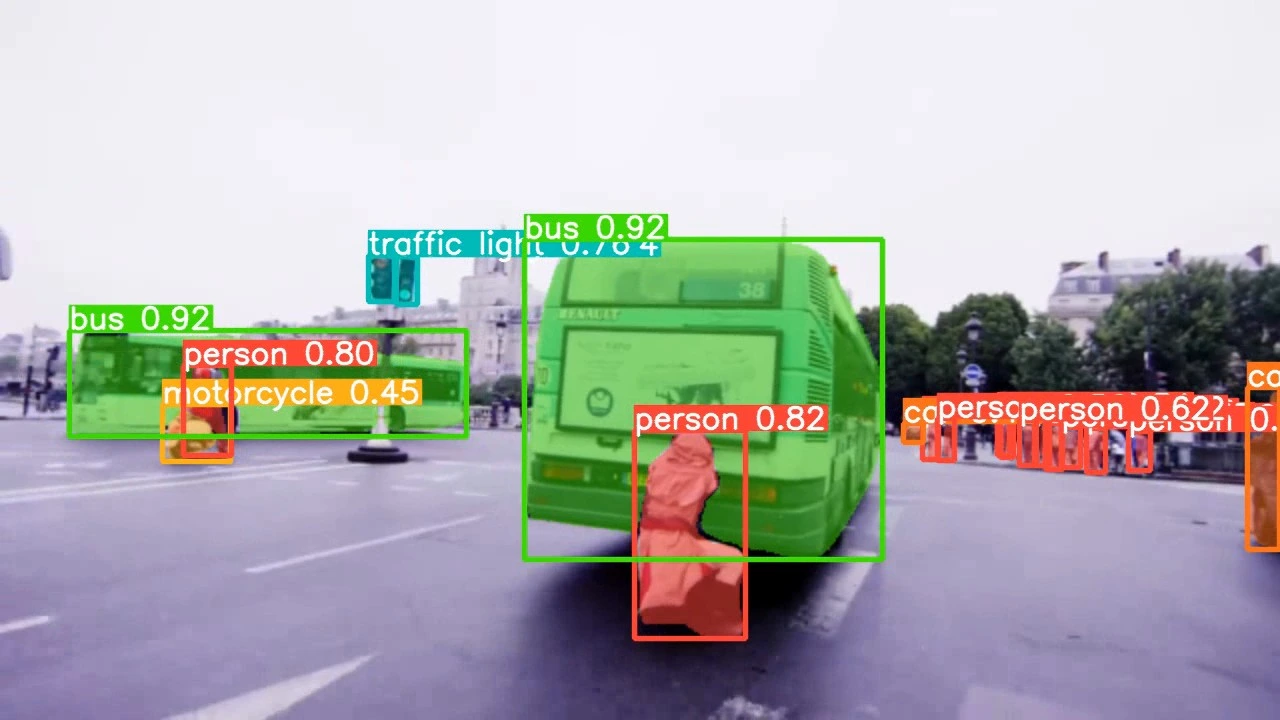Artificial intelligence (AI) is quickly becoming an essential component of the e-commerce ecosystem. Not only is it helping businesses automate some repetitive tasks and reduce processing time, but it is also providing added value to customers through personalization and recommendation features.
One of the most common applications of AI in e-commerce is machine learning, which allows systems to “learn” from historical data to predict customer preferences and personalize product recommendations. For example, Amazon uses machine learning to personalize product recommendations for each user based on their previous acquisitions and product reviews.
AI can also be used to analyze customer data and provide valuable insights for marketing and audience segmentation. For example, companies can use AI to identify purchasing trends and customer preferences to create targeted, personalized marketing campaigns.
Additionally, AI can be used to optimize checkout and payment processes, simplifying the shopping experience for customers. For example, some companies are using AI to predict more accurate delivery times and offer personalized delivery options based on the customer's location.
However, it is important to note that AI also presents some challenges. Firstly, it must be calibrated to work together with humans, which is essential for process optimization. Secondly, there is the risk of making wrong decisions or discriminating against customers if machine learning models are based on incomplete or unbalanced data, which is why it is essential who programs, i.e. humans.
Despite these challenges, AI offers enormous potential for e-commerce and its use will continue to grow in the coming years. It is important for businesses to carefully consider how to integrate AI into their e-commerce strategy, taking into account both the benefits and risks.






















